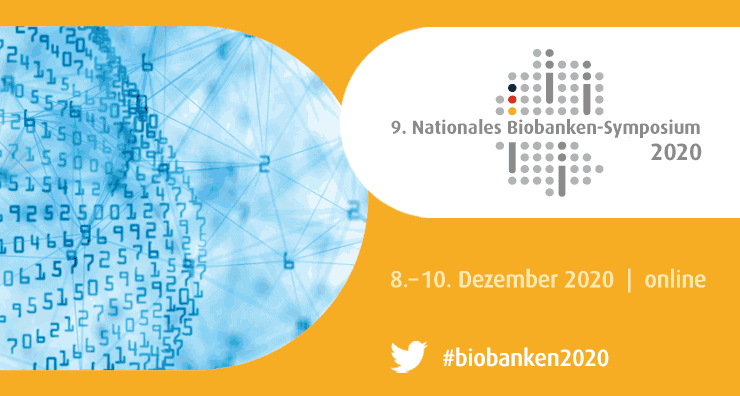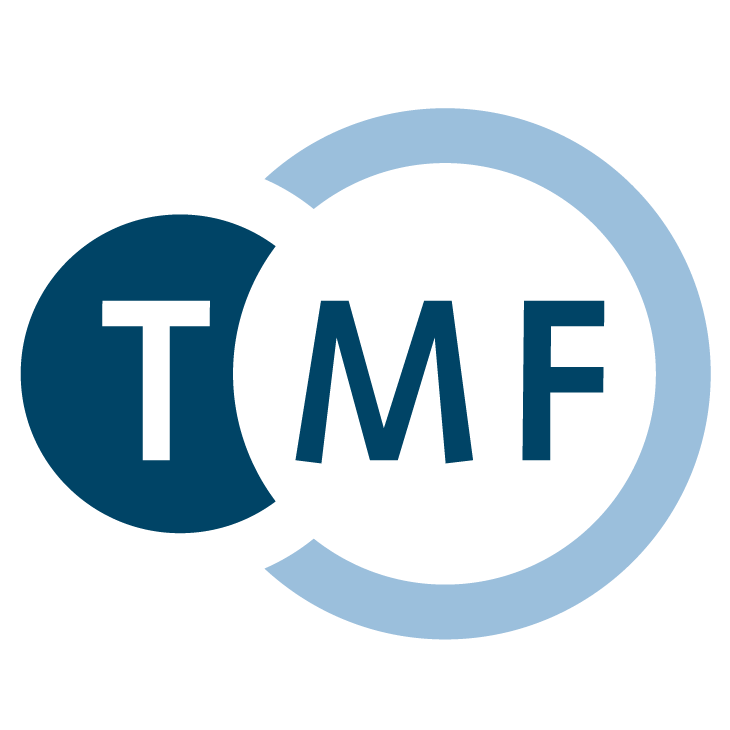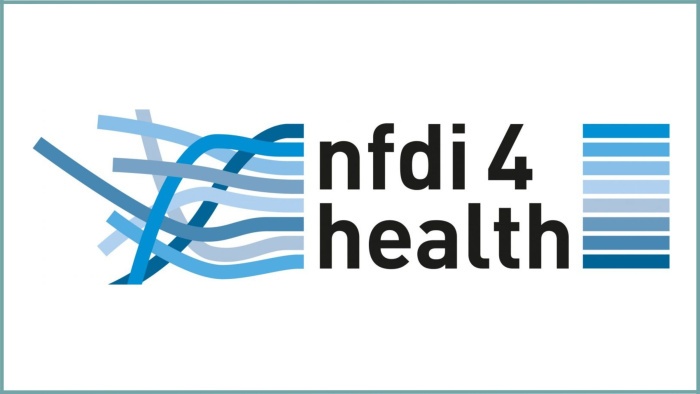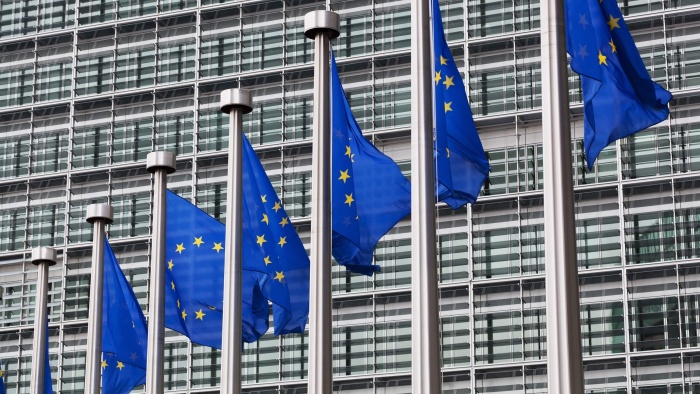Biobanks Pave the Way for COVID-19 Research

The Biobanking Symposium 2020 - from December 8th to 10th. © TMF
The COVID-19 pandemic has clearly demonstrated the need for digitalization in the German healthcare system: ad hoc available, interoperable infrastructures that merge patient data collected in care settings in real-time and make them usable for researchers are now more urgently needed than ever. At the same time, the pandemic has significantly accelerated the development of such infrastructures. Biobanks at German university hospitals are crucially involved in this development and are currently demonstrating their effectiveness as pioneers of COVID-19 research within large local and nationwide research infrastructures. At the 9th National Biobanking Symposium from December 8th to 10th, 2020, approximately 300 biobank experts discuss the latest developments in COVID-19 biobanking. The symposium, which was held virtually for the first time, was organized jointly by the Technology and Methods Platform for Networked Medical Research (TMF) and the German Biobank Node (GBN).
Since the beginning of the pandemic, biobanks have been collecting, processing, and storing samples from COVID-19 patients. These samples include swabs, blood, isolated cells, or tissue samples, which the biobanks provide with associated data for biomedical research. This fundamental work forms the basis of the recently launched National Pandemic Cohort Network (NAPKON) of the University Medicine Network (NUM), a project funded by the German government with 150 million euros for researching the pandemic and optimizing the care of COVID-19 patients. "The pandemic clearly shows the closely intertwined and rapidly responsive biobank network that has emerged, providing excellent conditions for coronavirus research," comments Prof. Dr. Michael Hummel, Head of the German Biobank Node (GBN).
Biobanking for the National Pandemic Cohort Network (NAPKON)
NAPKON is one of 13 projects of the University Medicine Network (NUM), endowed with funding from the Federal Ministry of Education and Research (BMBF) for COVID-19 research. NAPKON is establishing a network of infrastructures and cohort platforms to create essential foundations for combating pandemics using the example of COVID-19. Supported by the quality management expertise of the GBN and the involvement of the participating biobanks, NAPKON ensures comprehensive, harmonized collection and utilization of biosamples and data. Researchers can systematically analyze long-term effects following a COVID-19 infection using suitable cohorts.
Merging and Providing Samples and Data
The data generated in NAPKON is digitally merged by the national research data platform CODEX – a core project in NUM. CODEX, short for COVID-19 Data Exchange Platform, is based on the structures of the Medical Informatics Initiative (MII) and is establishing a nationwide standardized, data protection-compliant platform for storing and providing COVID-19 research data, which combines clinical data, image data, and data on biosamples in a multicentric, patient-related, and pseudonymized manner. Next year, the new project ABIDE_MI will start within the framework of the MII, which will finally make biosamples and data usable together for other use cases. "This project will pursue an interdisciplinary approach that brings together the achievements and experiences of the MII and the biobanks of the German Biobank Alliance in a sustainable health IT infrastructure," explains Sebastian C. Semler, Managing Director of the TMF.
Pandemics Require a Culture of Data Sharing
The SARS-CoV-2 pandemic has once again demonstrated that science must pool competencies and create synergies to be quickly actionable. Prof. Dr. Joachim Schultze, Coordinator of the German COVID-19 Omics Initiative (DeCOI), advocated in his keynote at this year's Biobanking Symposium that "given the pandemic, a change in the science system is necessary. Researchers must be able to collaborate without restrictions in these times and share their results to gain insights as quickly as possible and to be better prepared for future pandemics."
Press Contact
Wiebke Lesch
Phone: +49 30 2200 24731
Mobile: +49 177 2663257
E-mail: presse@tmf-ev.de
Twitter: @tmf_eV
Verena Huth (German Biobank Node)
Phone: +49 30 450 536 354
E-mail: verena.huth@charite.de
Twitter: @bbmri_de
Twitter: #biobanken2020
About the German Biobank Node (GBN)
The German Biobank Node is the umbrella organization of academic biobanks in Germany. Under the leadership of GBN, 20 biobank sites and two IT development centers work together to make biosamples available nationally and internationally for biomedical research. GBN is funded by the Federal Ministry of Education and Research (BMBF) and represents the interests of German biobanks in the European infrastructure BBMRI-ERIC.
Downloads
Session 1: Biobanking in the Context of the University Medicine Network (NUM) and the National Pandemic Cohort Network (NAPKON): Current Status
Keynote: COVID-19: Are We Really Prepared for the Virus Attacks of the 21st Century?
Session 3: Ethics / Data Protection
Session 4: IT / Quality Assurance
| Anhang | Size |
|---|---|
| Andrea Wutte: Biobanks, Partners for Clinical Studies - Ways of Collaboration | 3.41 MB |
Further Information

About the TMF
The TMF – Technology and Methods Platform for Networked Medical Research e. V. is the umbrella organization for collaborative medical research in Germany. The TMF brings together researchers from different disciplines to jointly develop concepts, infrastructures, and methods for research. The Biobanks Working Group discusses topics such as the legal, ethical, and technical framework conditions for biobanks. In particular, large consortium projects and flagship projects such as the current Medical Informatics Initiative are supported by the TMF in terms of content and organization through the sponsorship of accompanying structures. By pooling resources, the TMF makes an important contribution to efficient cutting-edge medical research in Germany.


